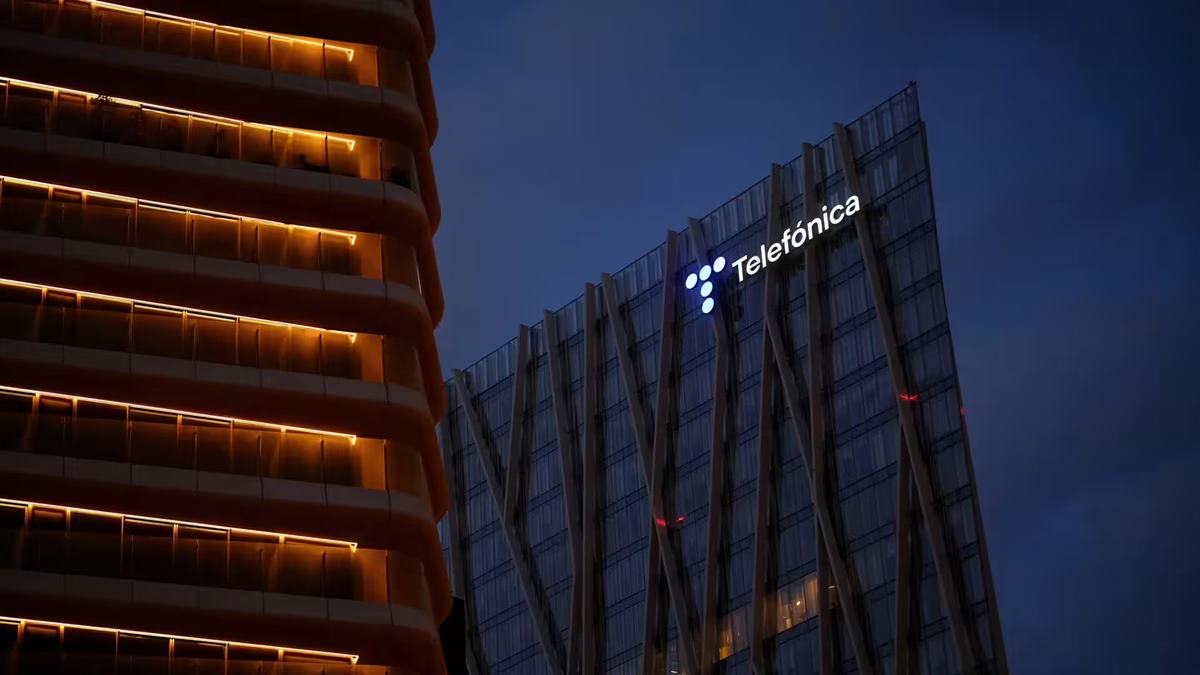Starting July 1, 2025, Indian visa hopefuls to Germany will face a major policy shift. The German government is officially abolishing the remonstration procedure, an internal review process that allowed rejected applicants to informally appeal visa refusals.
The new rule will require Indians to either file a fresh visa application or pursue a formal judicial appeal, a route that’s often lengthy and expensive.
What changes from July 1?
The Federal Foreign Office of Germany confirmed in a statement, “The Federal Foreign Office has decided to abolish the remonstration procedure for visa rejections worldwide from 1 July 2025. This eliminates a legal remedy in the visa application procedure that is not statutorily prescribed and which up to now has been granted voluntarily.”
For Indian applicants, this means the end of an accessible, embassy-level route to contest rejections.
Until now, students, skilled professionals, and tourists who were denied visas had the option to submit a remonstration letter for free, enabling the consulate to re-evaluate the case.
From July onward, such applicants will only have two choices: reapply or initiate a legal appeal in German courts, the latter being costly and time-consuming.
Why Germany is making this move
Germany’s decision is based on a successful pilot project initiated in June 2023. According to the German mission in India, the program tested the suspension of remonstrations in several visa sections. The evaluation found that the change helped free up embassy staff and reduced visa wait times.
“Evaluation of the pilot project has shown that dispensing with the remonstration procedure has released considerable staff capacity… As a result, it has been possible to process both more national and more Schengen visa applications and to reduce waiting times compared to the same period in the previous year,” the statement read.
How Indian applicants are likely to be impacted
Indian nationals, particularly students, job seekers, and tourists, form a significant chunk of Germany’s visa pipeline. With remonstration off the table, rejected applicants must now submit entirely new applications, doubling their financial and time investment. The judicial appeal process is a legal route still available, but it may take up to two years and typically requires professional legal help.
This new system puts additional pressure on Indian applicants to ensure that initial submissions are flawless. Missing documents or errors in the application could now be far costlier to correct.
Digital reforms offer some relief
To offset the stricter appeal framework, Germany is introducing digital tools to streamline visa applications. Since January 2025, Indians applying for student, skilled worker, apprenticeship, or family reunification visas can use the Consular Services Portal.
The German mission noted: “Applicants receive clear and intuitive step-by-step guidance through the application process to ensure that they submit complete (digital) applications.” Experience from pilot tests indicates this has improved the quality of submissions and reduced delays caused by incomplete paperwork.




















